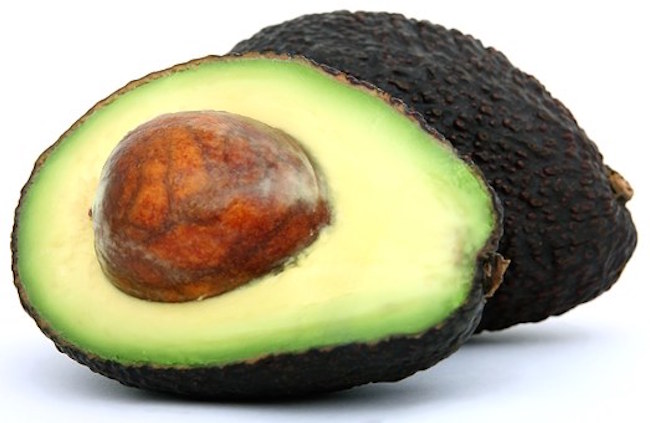A fat molecule unique to avocados can help lower diabetes risk by addressing insulin resistance by: Virgilio Marin for Natural News
Avocados are a powerful superfood that confers a host of health benefits. They help lower cholesterol levels, improve nutrient absorption and promote weight loss. Studies also show that avocados can help prevent cancer and relieve osteoarthritis symptoms. However, the compounds in avocados responsible for these health benefits are still unidentified.
In 2015, researchers discovered a compound unique to avocado that may be behind its anti-cancer properties. Called avocatin B (AvoB), the compound consists of a mixture of avocadene and avocadyne – two polyhydroxylated fatty alcohols present in the seed and pulp of avocados.
Many scientists have since carried out studies to investigate AvoB’s health benefits. Recently, researchers from the University of Guelph in Canada examined the effect of AvoB on glucose and fat metabolism using mice. They found that the compound can reduce insulin resistance and lower the risk of Type 2 diabetes.
Avocado compound reduces insulin resistance, promotes weight loss
The researchers fed a group of mice a high-calorie diet for two months to induce obesity and insulin resistance. They then administered AvoB to half of the mice for five weeks without changing their diet. The researchers found that the AvoB-treated mice had greater insulin sensitivity and weighed less than the untreated mice. They attributed these improvements to AvoB’s ability to promote fatty acid oxidation (the breakdown of fat) in the mitochondria.
Fatty acid oxidation is an important process that allows the body to burn fats. However, this process is impaired in obese and diabetic individuals. Incomplete fatty acid oxidation is often observed in obese individuals and leads to the accumulation of free fatty acids outside of adipose tissues, which, in turn, damages the cells that produce insulin.
The researchers also tested the effects of AvoB in humans to see whether it is safe for use. They gave participants who were on a Western diet AvoB supplements and found that the compound had no adverse effects on the kidneys, liver or muscles. The participants who took AvoB supplements also lost weight, although this effect was not statistically significant. (Related: Avocado seeds contain compounds that reduce inflammation.)
“AvoB is a bioactive ingredient in avocados, which can be an important dietary choice for diabetics and prediabetics,” said co-author Paul Spagnuolo, a food science professor at the University of Waterloo in Canada who was part of the team that discovered AvoB.
“When we talk about bioactives, think of it like the nutrients we get from other foods: We get omega-3 fatty acids from eating fish and vitamin C from oranges,” added Spagnuolo.
However, he noted that people are unlikely to achieve the benefits observed in their study by eating avocados alone because the amount of natural AvoB varies widely. In addition, it’s still unclear how well the body digests and absorbs the compound straight from the fruit.
To that end, Spagnuolo and his colleagues developed AvoB supplements in powder and capsule forms. The supplements have hit the shelves this year.
“We advocate healthy eating and exercise as solutions to the problem, but that’s difficult for some people,” said lead author Nawaz Ahmed. “We’ve known this for decades, and obesity and diabetes are still a significant health problem.”
The researchers plan to conduct more clinical trials to better understand the effect of AvoB on people with metabolic disorders such as Type 2 diabetes and obesity.




